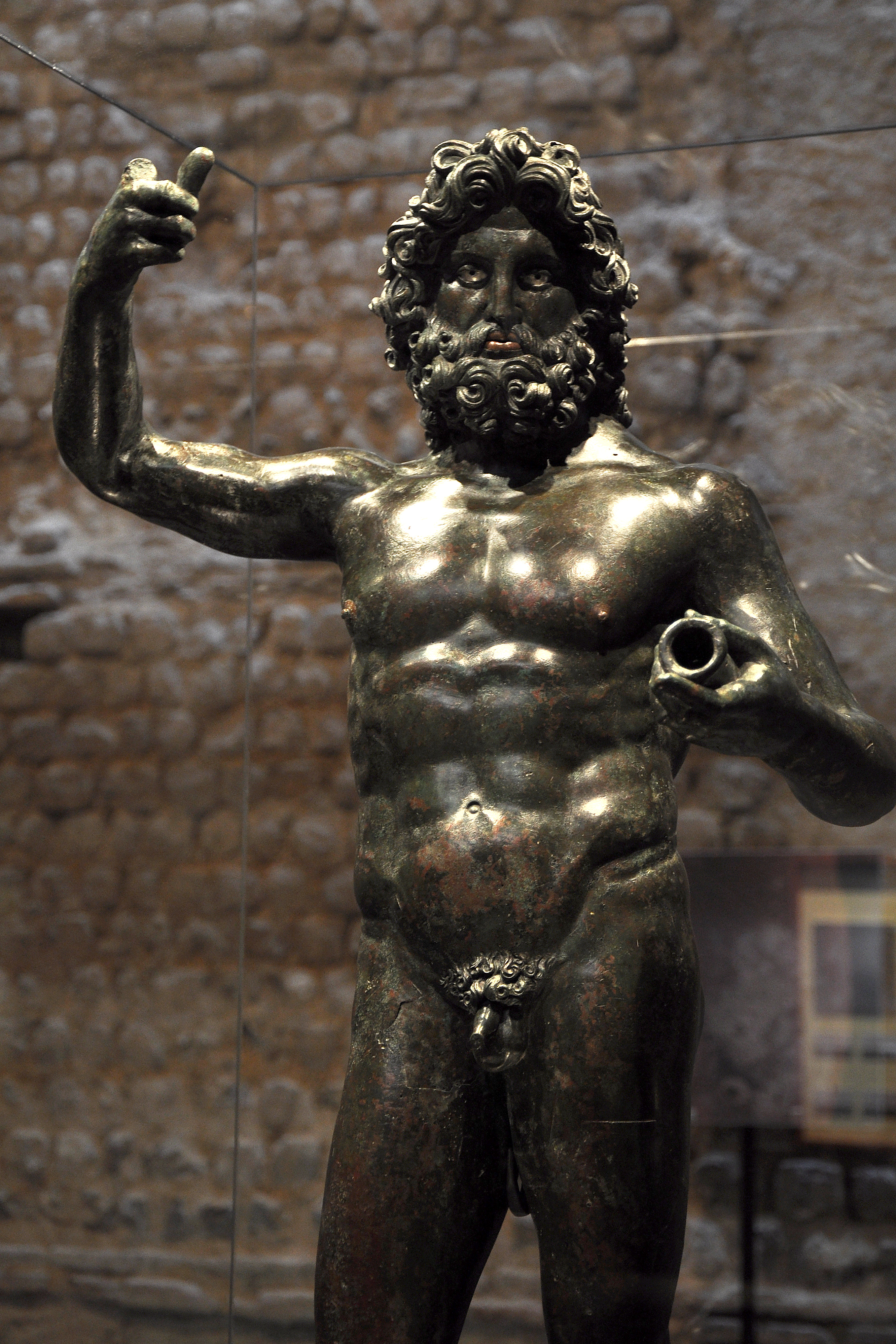Eburovices on:
[Wikipedia]
[Google]
[Amazon]
 The Eburovīcēs or Aulercī Eburovīcēs (
The Eburovīcēs or Aulercī Eburovīcēs (
 They are mentioned as ''Aulerci Eburovices'' by
They are mentioned as ''Aulerci Eburovices'' by
 The Eburovīcēs or Aulercī Eburovīcēs (
The Eburovīcēs or Aulercī Eburovīcēs (Gaulish
Gaulish was an ancient Celtic languages, Celtic language spoken in parts of Continental Europe before and during the period of the Roman Empire. In the narrow sense, Gaulish was the language of the Celts of Gaul (now France, Luxembourg, Belgium ...
: *''Eburouīcēs/Eburowīcēs'', 'those who vanquish by the yew') were a Gallic tribe dwelling in the modern Eure
Eure () is a department in Normandy in Northwestern France, named after the river Eure. Its prefecture is Évreux. In 2019, Eure had a population of 599,507.department
Department may refer to:
* Departmentalization, division of a larger organization into parts with specific responsibility
Government and military
*Department (administrative division), a geographical and administrative division within a country, ...
during the Iron Age
The Iron Age is the final epoch of the three-age division of the prehistory and protohistory of humanity. It was preceded by the Stone Age (Paleolithic, Mesolithic, Neolithic) and the Bronze Age (Chalcolithic). The concept has been mostly appl ...
and the Roman period
The Roman Empire ( la, Imperium Romanum ; grc-gre, Βασιλεία τῶν Ῥωμαίων, Basileía tôn Rhōmaíōn) was the post-Roman Republic, Republican period of ancient Rome. As a polity, it included large territorial holdings aro ...
. They were part of the Aulerci
The Aulerci were a group of Gallic peoples dwelling in the modern region of Normandy, between the Loire (Liger) and the Seine (Sequana) rivers, during the Iron Age and the Roman period. They were divided into the Cenomani, the most powerful of ...
.
Name
 They are mentioned as ''Aulerci Eburovices'' by
They are mentioned as ''Aulerci Eburovices'' by Caesar
Gaius Julius Caesar (; ; 12 July 100 BC – 15 March 44 BC), was a Roman people, Roman general and statesman. A member of the First Triumvirate, Caesar led the Roman armies in the Gallic Wars before defeating his political rival Pompey in Caes ...
(mid-1st c. BC), ''Aulerci qui cognominantur Eburovices'' by Pliny
Pliny may refer to:
People
* Pliny the Elder (23–79 CE), ancient Roman nobleman, scientist, historian, and author of ''Naturalis Historia'' (''Pliny's Natural History'')
* Pliny the Younger (died 113), ancient Roman statesman, orator, w ...
(1st c. AD), and as ''Au̓lírkioioi̔ E̓bourouikoì'' (Αὐλίρκιοιοἱ Ἐβουρουικοὶ) by Ptolemy
Claudius Ptolemy (; grc-gre, Πτολεμαῖος, ; la, Claudius Ptolemaeus; AD) was a mathematician, astronomer, astrologer, geographer, and music theorist, who wrote about a dozen scientific treatises, three of which were of importanc ...
(2nd c. AD).Ptolemy
Claudius Ptolemy (; grc-gre, Πτολεμαῖος, ; la, Claudius Ptolemaeus; AD) was a mathematician, astronomer, astrologer, geographer, and music theorist, who wrote about a dozen scientific treatises, three of which were of importanc ...
. '' Geōgraphikḕ Hyphḗgēsis'', 2:8:9, s.v. ''Eburovices'' and ''Mediolanum Aulercorum''.
The Gaulish ethnonym *''Eburouīcēs/Eburowīcēs'' literally means 'those who vanquish by the yew', probably in reference to the wood used to make their bows or spears. It stems from the root ''eburo-'' (' yew'; cf. OIr. ''ibar'' 'yew', or Middle Welsh
Middle Welsh ( cy, Cymraeg Canol, wlm, Kymraec) is the label attached to the Welsh language of the 12th to 15th centuries, of which much more remains than for any earlier period. This form of Welsh developed directly from Old Welsh ( cy, Hen G ...
''efwr'' 'cow parsnip, hog-weed') attached to the suffix ''-uices'' ('combatants, victors').
The city of Évreux
Évreux () is a commune in and the capital of the department of Eure, in the French region of Normandy.
Geography
The city is on the Iton river.
Climate
History
In late Antiquity, the town, attested in the fourth century CE, was named ...
, attested ca. 400 AD as ''civitas Ebroicorum'' ('civitas
In Ancient Rome, the Latin term (; plural ), according to Cicero in the time of the late Roman Republic, was the social body of the , or citizens, united by law (). It is the law that binds them together, giving them responsibilities () on th ...
of the Eburovices'; ''Ebroicas'' in 511, ''Ebroas'' ca. 1034), is named after the tribe.
Geography
During the Roman period, their chief town was Mediolanum Aulercorum (modernÉvreux
Évreux () is a commune in and the capital of the department of Eure, in the French region of Normandy.
Geography
The city is on the Iton river.
Climate
History
In late Antiquity, the town, attested in the fourth century CE, was named ...
, in Normandy
Normandy (; french: link=no, Normandie ; nrf, Normaundie, Nouormandie ; from Old French , plural of ''Normant'', originally from the word for "northman" in several Scandinavian languages) is a geographical and cultural region in Northwestern ...
). The limits of their ''civitas
In Ancient Rome, the Latin term (; plural ), according to Cicero in the time of the late Roman Republic, was the social body of the , or citizens, united by law (). It is the law that binds them together, giving them responsibilities () on th ...
'' corresponded to those of the later diocese of Évreux
In church governance, a diocese or bishopric is the ecclesiastical district under the jurisdiction of a bishop.
History
In the later organization of the Roman Empire, the increasingly subdivided provinces were administratively associat ...
.
Religion
A votive altar with a dedication to a ''deus Gisacos'' was found in a sanctuary at Gisacum ( Le Vieil-Évreux).References
Bibliography
* * * * * *See also
*Gallic Wars
The Gallic Wars were waged between 58 and 50 BC by the Roman general Julius Caesar against the peoples of Gaul (present-day France, Belgium, Germany and Switzerland). Gallic, Germanic, and British tribes fought to defend their homela ...
{{Peoples of Gaul
Historical Celtic peoples
Gauls
Tribes of pre-Roman Gaul
Tribes involved in the Gallic Wars
History of Eure